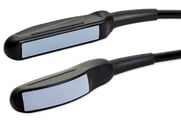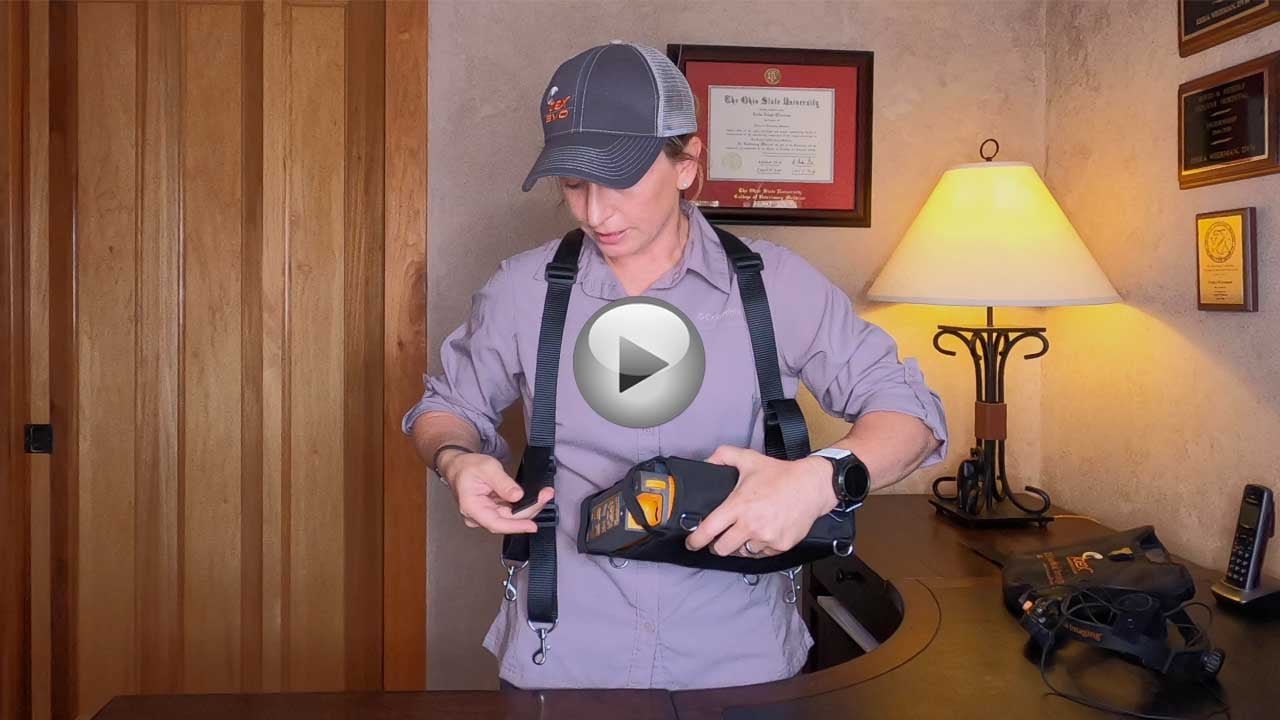I may be biased, but I think ultrasound is just the coolest tool out there.
Don’t get me wrong—it’s one piece of the larger diagnostic puzzle, and no single modality can be the crystal ball we all wish we had. Thorough physical exams, quality history-taking, appropriate lab work, and other types of imaging contribute to our success as practitioners in honing in on an accurate diagnosis and therefore getting our beloved patients the treatment they deserve.









![pregnant-mare-in-barn-blog-EVO3-[1920]](https://www.eimedical.com/hs-fs/hubfs/pregnant-mare-in-barn-blog-EVO3-%5B1920%5D.jpg?width=704&name=pregnant-mare-in-barn-blog-EVO3-%5B1920%5D.jpg)
 The flat linear rectal transducer has been the standard for large animal reproductive ultrasound for a very long time. You may have noticed that in recent years, however, many folks have started to use a rectal probe with a curved array. What’s the difference, and why might you choose one over the other?
The flat linear rectal transducer has been the standard for large animal reproductive ultrasound for a very long time. You may have noticed that in recent years, however, many folks have started to use a rectal probe with a curved array. What’s the difference, and why might you choose one over the other?




